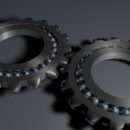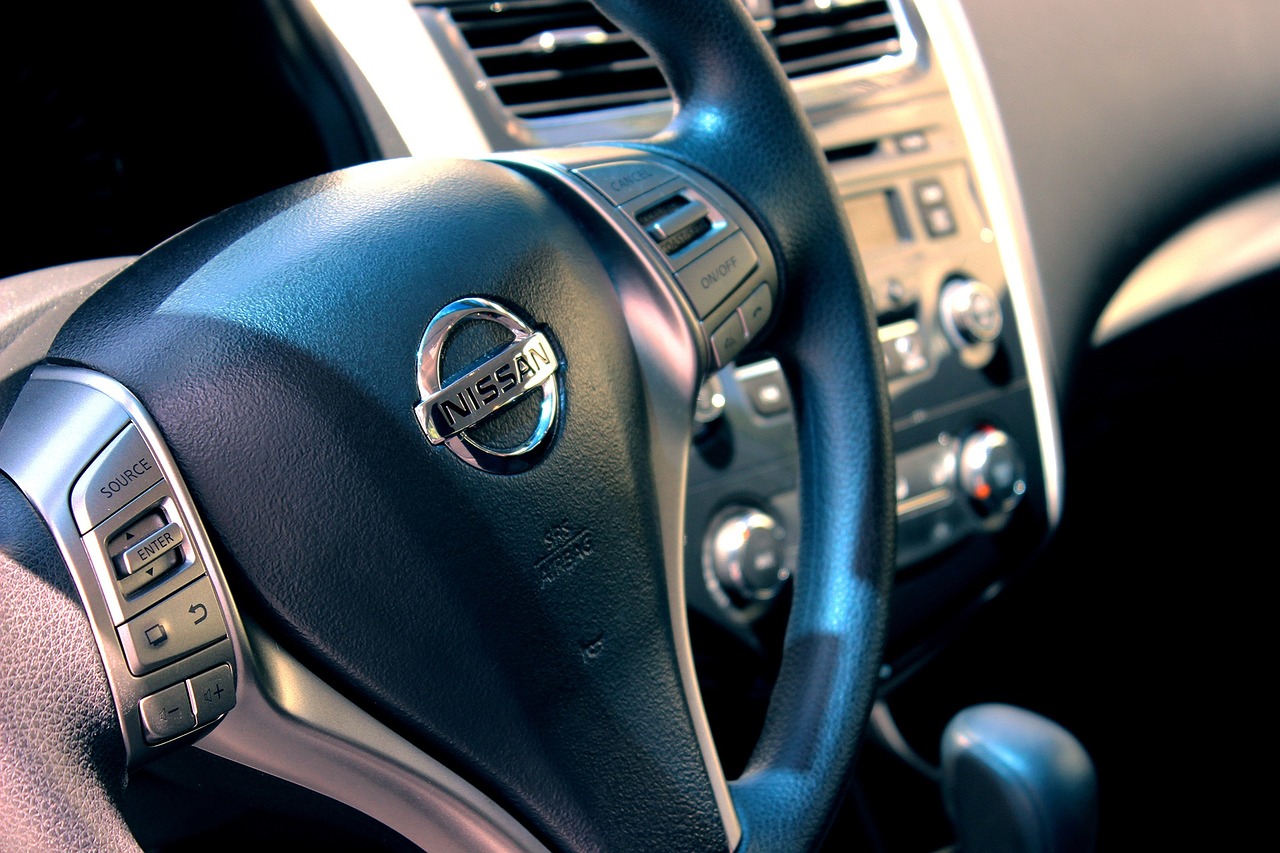1. Weight of the car scrap value: Junkyards often pay for cars based on weight, as metal (especially steel and aluminum) is a valuable commodity. The more a car weighs, the higher the potential payout. The vehicle is usually weighed on a scale to determine its scrap value.
2. Make, Model, and Year: Certain makes and models are more valuable than others due to their demand for parts. For example, cars with rare or in-demand parts might get a higher price, even if old or not running.
3.car salvage quotes: While junkyards mostly deal with cars in poor condition, the overall state of the car can still impact its value. A vehicle that still has usable parts, such as a functioning engine, transmission, or body panels, may be worth more.
4. Demand for Parts: Some cars may have high demand for specific parts (e.g., engines, transmissions, catalytic converters, airbags, etc.). A junkyard may offer a higher price for cars that can be dismantled for parts in high demand.
5. Location and Market Trends: The location of the junkyard can affect how much they’re willing to pay. In some areas, scrap metal prices fluctuate, which may cause the value of a car to change.
6. Environmental Factors: If the junkyard is dealing with a car that has hazardous materials (such as fluids or asbestos), there may be costs associated with safely disposing of them, which can lower the car’s value.
Junkyards typically give a price based on the car’s scrap value, but if the car has reusable parts, you may be able to negotiate a better deal if they can sell those parts individually.








